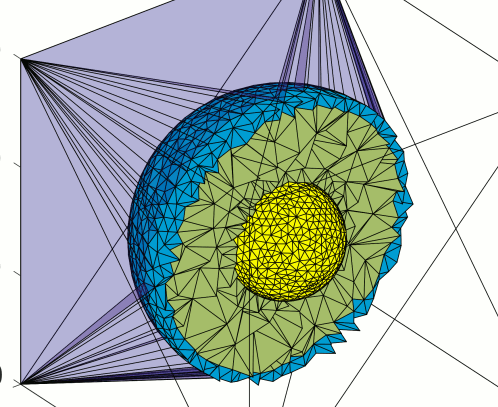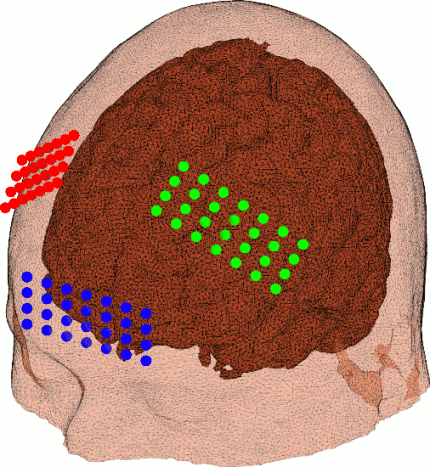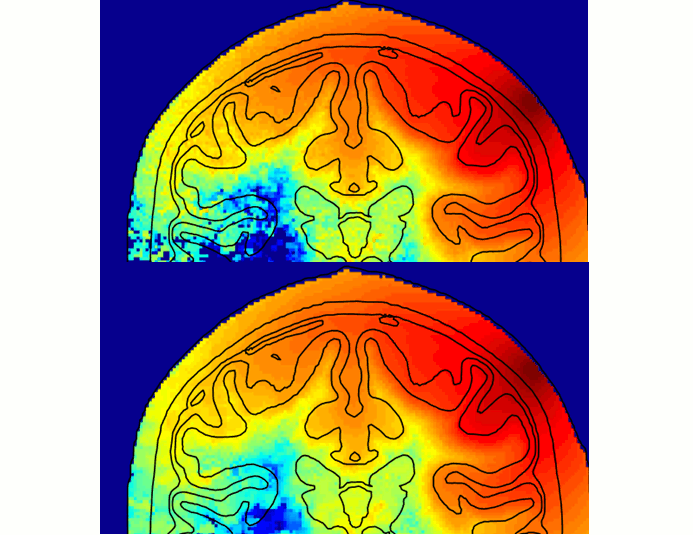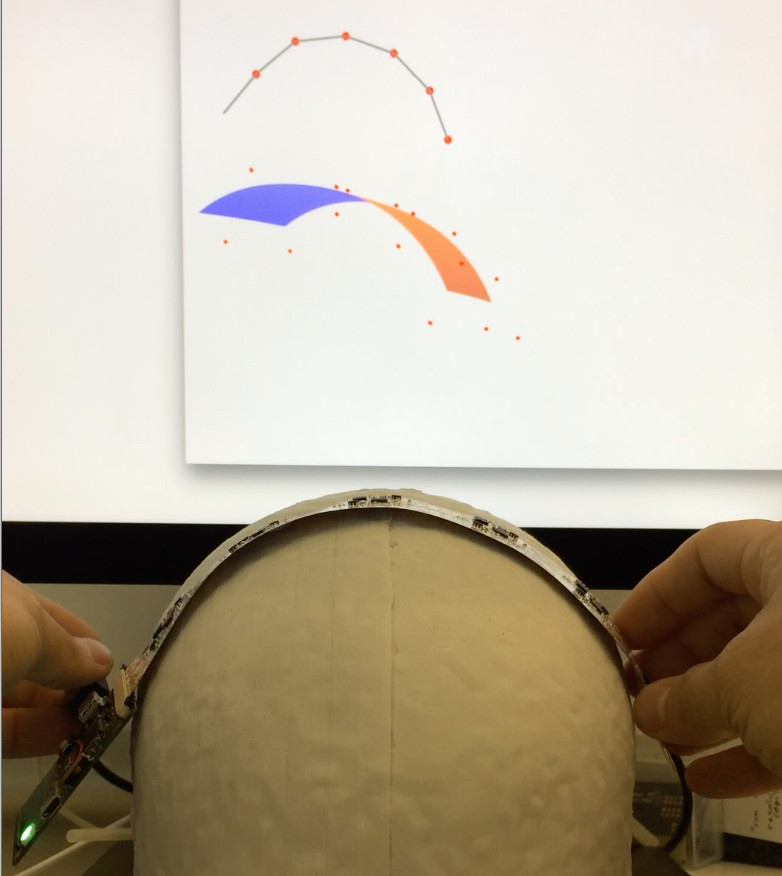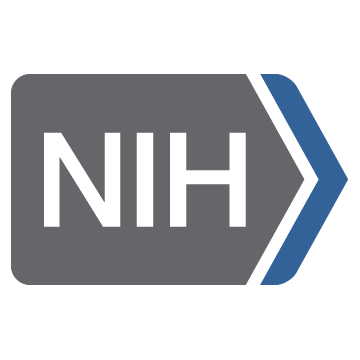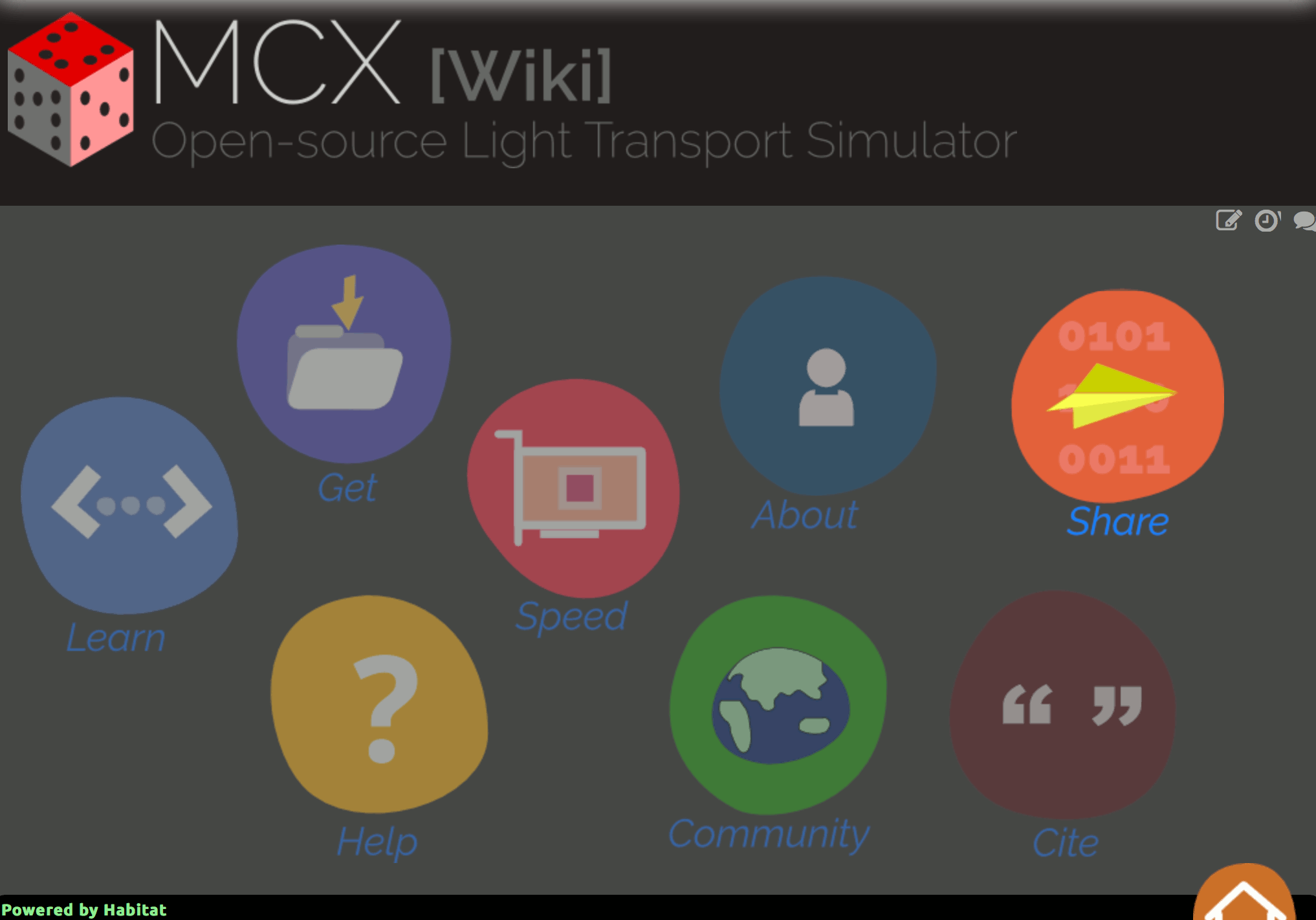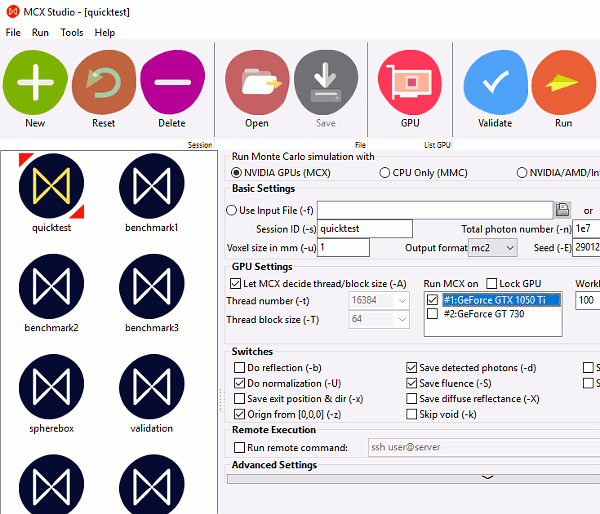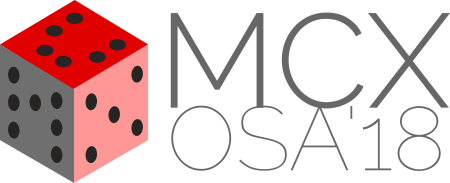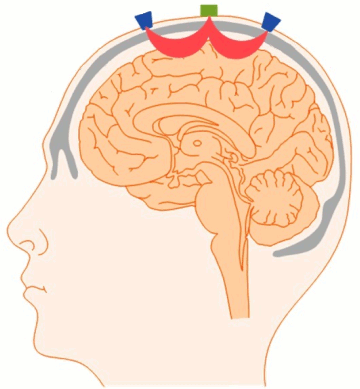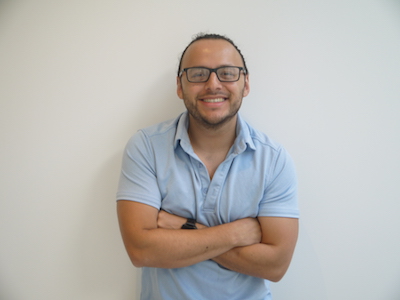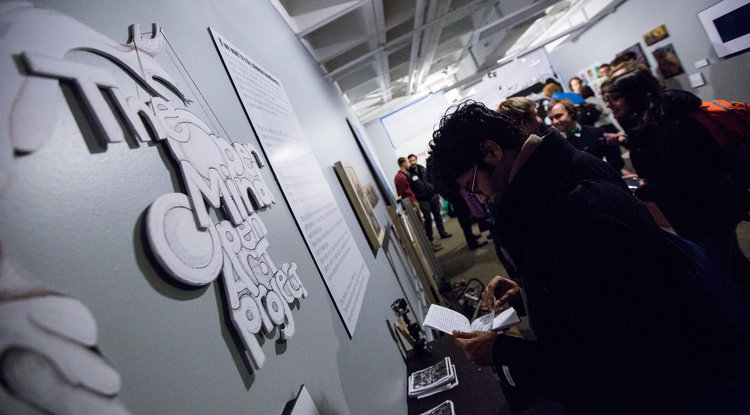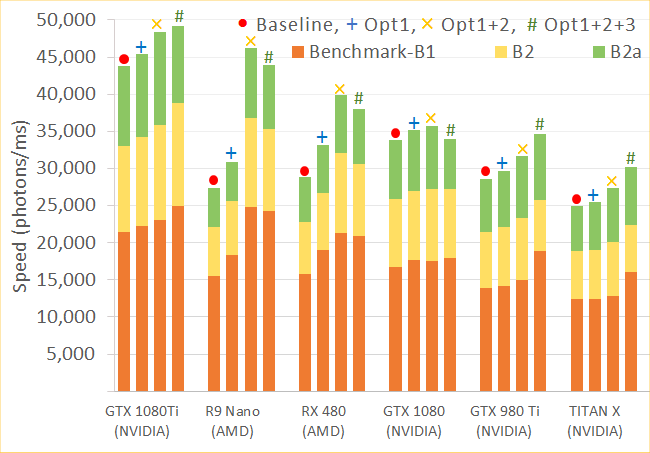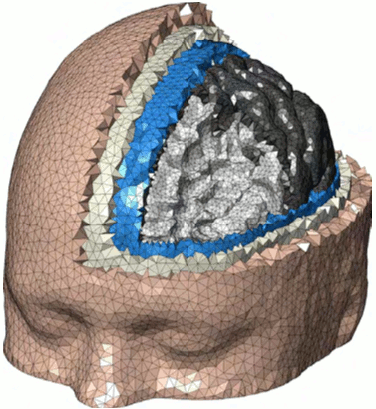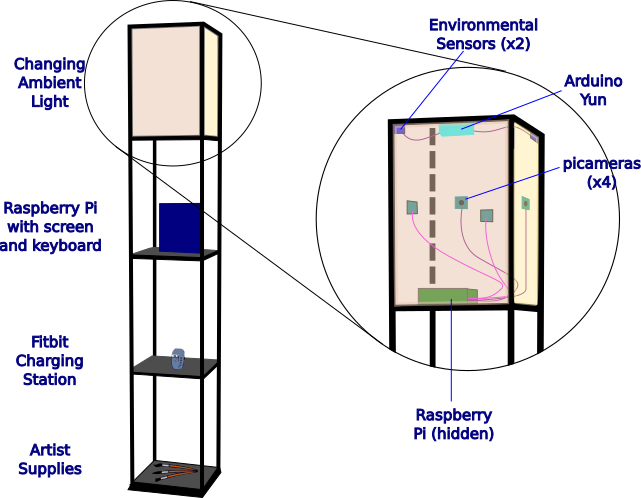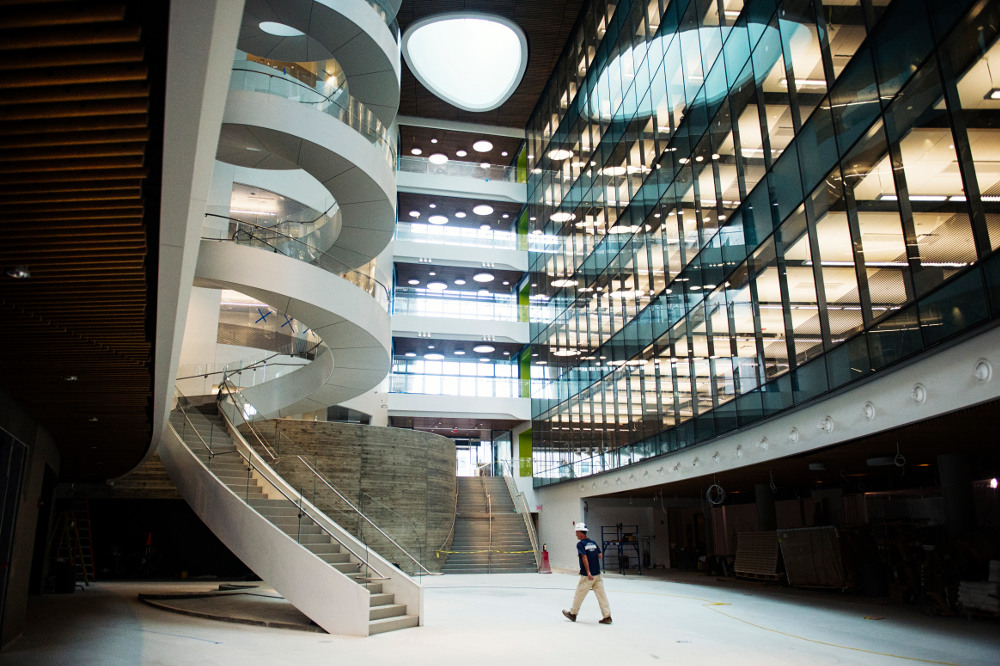A new letter paper on dual-mesh Monte Carlo algorithm is published on JBO
February 20, 2019
The paper focuses on the speed improvement of mesh-based MC (DMMC) photo transport simulator by using a coarsely tessellated tetrahedral mesh for ray-tracing computation and an independent voxelated grid for output data storage. DMMC is able to improve the speed by 1.3 × to 2.9 × for various scattering settings. This paper is now available online.
DMMC has been integrated into current version of MMC.

